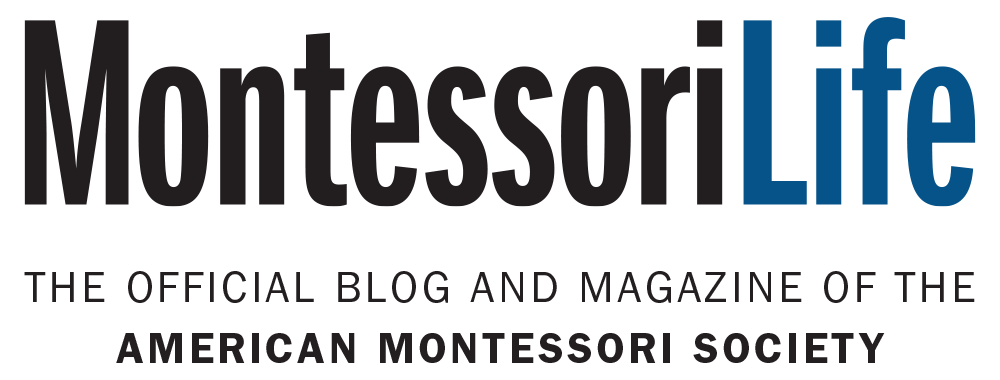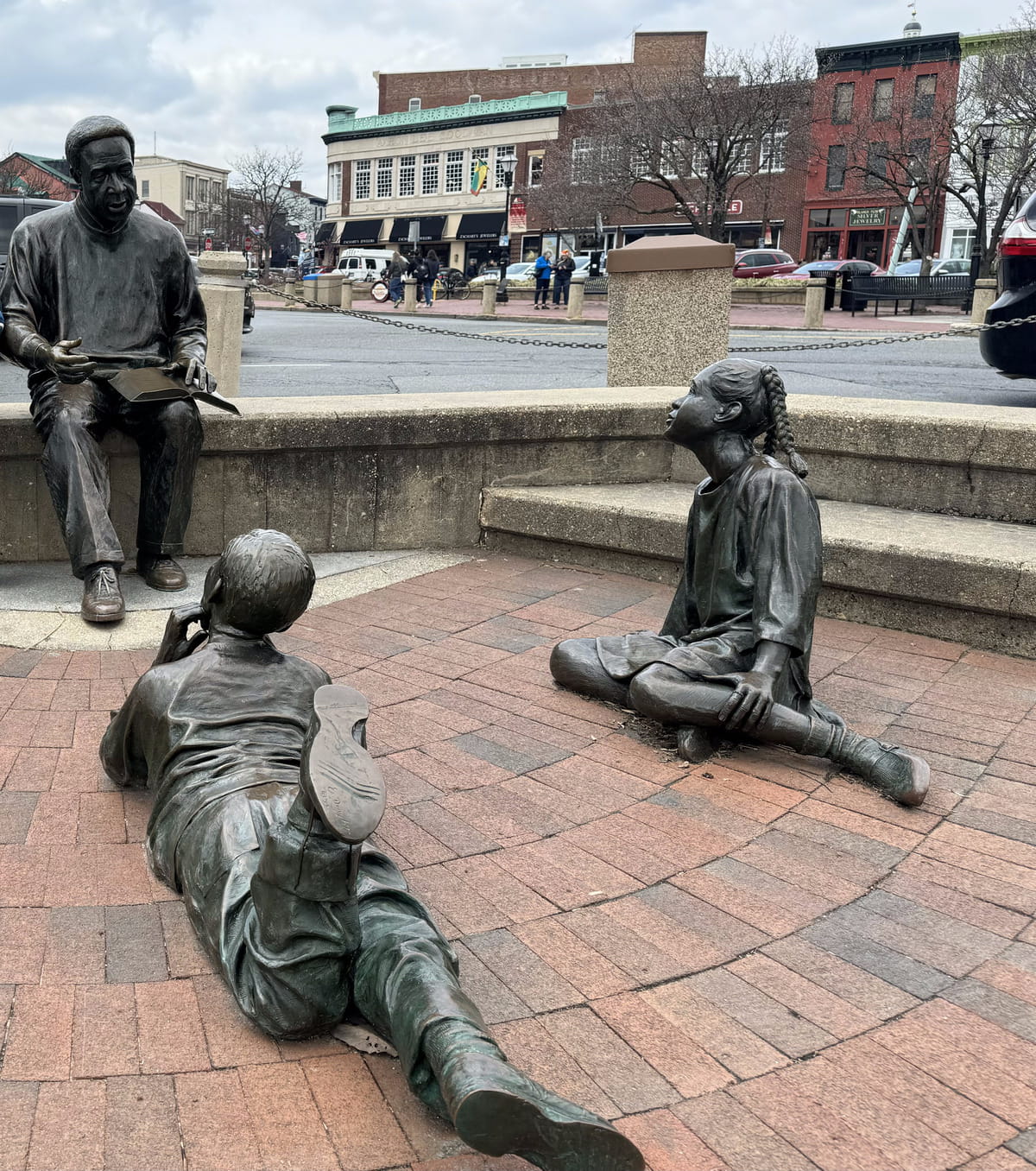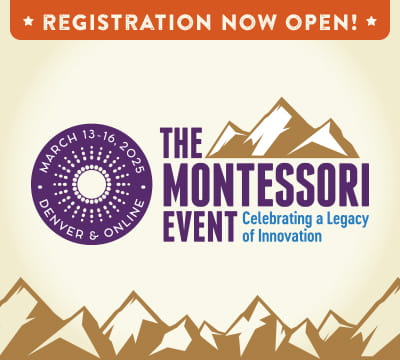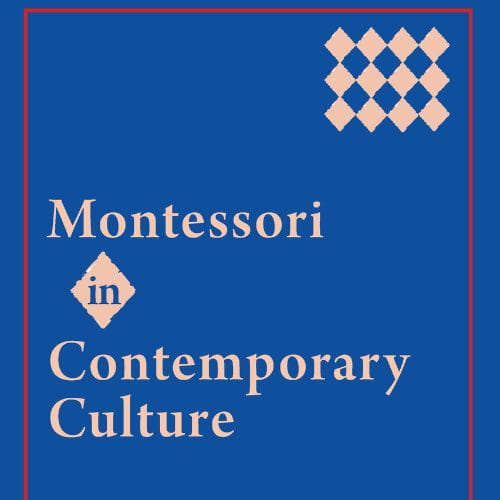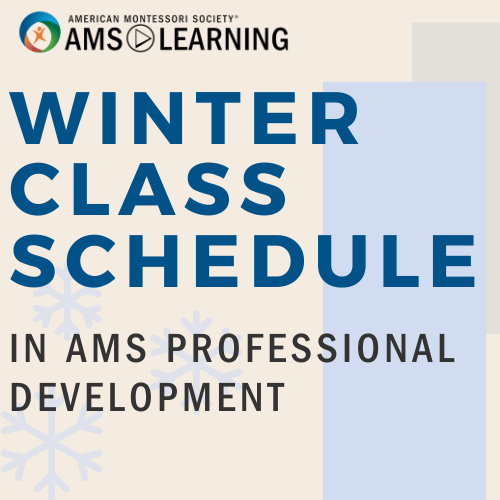A Reflection on Meaningful Movies & Books That Have Touched Our Lives
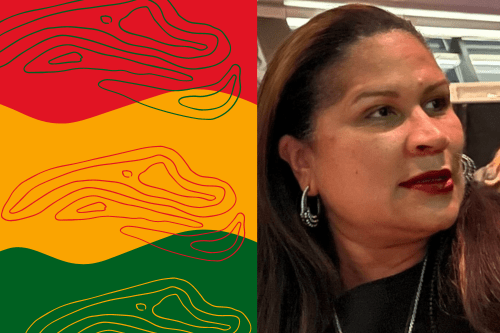
We asked for your thoughts on favorite books or movies and how they have influenced your teaching practices and your understanding of culture and identity. We appreciate everyone who offered feedback! For Part I of our Meaningful Books & Movies blog series, we shared some of the comments received and updated our Black History Month recommended book list.
In Part II below, guest blogger Michelle Blake delves into how a particular movie and book were pivotal in her personal development and in her roles as an educator and parent.
Movie Recommendation: “Roots” (the original version)
Book Recommendation: Song of Solomon by Toni Morrison
When I was very young (probably too young), I saw the movie "Roots" for the first time. That experience greatly impacted me then, and I have continued to reflect on it since.
Growing up in a Caribbean country, I was fortunate enough to be surrounded by accomplished Black people in all facets of life and government. In my community, I saw people who looked like me in positions of power, such as in banks, on TV, in newspapers, and in schools. Although there was certainly colorism and classism, I recall being treated with love and respect in my community. In my formative years, I unconsciously (and consciously) absorbed positivity and a can-do spirit. As such, and with little to no television, I was never intimately aware of the anti-Black racism that existed in America and how it can break one's spirit. Of course, I knew about the history of slavery and, generically, racism, but racism was not something that affected my daily life.
Watching "Roots" for the first time in my pre-teen years was an eye-opener. Even though the story seemed far removed from my community, I vividly remember the pain and horror I felt at the time. It exposed a historical savagery that had been largely withheld from me at that point in my life. I remember how the powerful story made me see history in a brand new, cruel light.
A few years later, I emigrated to America. In no time at all, I was daily exposed to harsh realities of anti-Black racism. I have a vivid memory of my whole family driving cross country to my brother’s graduation from professional school. While stopped in a mostly white community, a truckload of white men passed by us and shouted, “Go back home” and inserted several hateful racial slurs. Interestingly enough, we just turned and laughed. Like, “who are they talking to?” At that point, in my early years here, I felt somewhat armored against their racism. Reflecting back on that incident as a trained Montessorian brings me back to Dr. Montessori’s writings on the absorbent mind. You absorb what you are exposed to in those formative years; as a result, for me, I had a strongly positive sense of self. Undoubtedly, much of the armor I had in those days was attributable to the naivete of a young immigrant who did not recognize the subtler forms of racism.
But as the years in America mounted, my naivete about anti-Black racism faded away completely. I became very practiced at identifying the bias and the hate, and at vicariously suffering with fellow Black people in America when their own painful experiences got exposed to me. When my children faced racism directly (early and often, mind you), the pain of it really cemented. It was next level hurt. My husband and I work hard at building up their armor, but racism is, unfortunately, armor-piercing.
At the same time, misconceptions (again, borne out of my foreign upbringing) of any differentiation among the sub-ethnicities in our Black diaspora were also erased. My mother believed it was important to stand in solidarity with our African American community. As an example, she and my aunt took my sisters and me to march on Washington in support of Dr. Martin Luther King's birthday being recognized as a national holiday. It was a long and cold walk for our tiny feet, but it remains one of the most purposeful events of my life to have joined thousands of people in that movement.
I watched “Roots” again in my teen years here in America. I drew strength then (and I still draw strength) from the resilience of Kunta Kinte in his resistance. The character’s fortitude in the midst of brutality against him is inspiring and makes me determined to fight for what I deserve and to not be comfortable with what others believe I deserve.
Separately, in my early adult years, the book Song of Solomon by Toni Morrison also inspired me. It was a celebration of so many aspects of Black culture. The humor, the passion, and the nuanced way that the author integrated the prominent role that traditional African storytelling played in the daily lives of the characters of the story, brought me comfort and reminded me of my birth home. It was a strong reminder of some negatives (in the book and outside of it), but we can trace some of the roots of that, and despite the negatives, still we can “rise.” The journey may not be straight or smooth, but I am determined that if I hang on and ride it out, I will get there.
Photo of the Kunta Kinte - Alex Haley Memorial in downtown Annapolis taken by the author during her recent trip to Maryland.
As a parent, I have often reflected on the movie and book. I have wondered what the right age is for my children to experience both, especially “Roots.” I recognize that both works could have a powerful (and not necessarily positive) impact on my children’s understanding of the world and the people around them. In the past, I was concerned that one or both of those works might adversely impact the wonderful, incredible, culturally-rich, and inclusive diverse relationships they have successfully built. They may be old enough now though.
I have experienced my share of bias within the Montessori community and it is extremely hurtful and exhausting. Thus, as an educator of adult learners, I know how important celebrating and embracing diversity in the classroom is and I find joy in teaching my adult learners about diverse cultures. I always incorporate cultural inclusion that is representative of the world around us as part of my curriculum, whether through fabricating various materials, providing food tastings, or providing deep lectures and relevant media. I can help my adult learners develop critical thinking skills, expand their perspectives, and become more empathetic toward others who are different from them. To me, it is a trickle-down effect; they can take the knowledge to prepare their classroom environments to shape absorbent minds and be change-makers.
So much of America’s rich (especially the dark) history is not taught in schools. Beyond that, many of the adult learners I encounter are adult immigrants who did not go through the American school system (and did not get the bits of history taught there). They are often completely unaware of the turbulent struggles of Black people that created foundations for their opportunities. They only see the stereotypes in the media and react to them, unconsciously and consciously.
I became an educator of adult learners because I wanted to be a positive reflection for learners like me who did not see themselves represented in their teachers. But I also wanted to make the field of instructors more diverse. When I share my knowledge of the anti-bias and antiracist (ABAR) curriculum, I am “talking the talk” and encouraging the creation of a safe and inclusive learning environment for all students. By acknowledging and appreciating diverse cultures, we can all work towards a better future that is more just and equitable for everyone.
Finally, we may hesitate to admit it, but it takes effort to connect with others outside our easy and familiar “bubbles.” However, to be effective Guides, we have to do hard things and make the effort to understand and connect with others outside our “bubbles.” We have to prepare our individual selves as a prerequisite to being able to provide meaningful diversity, equity and inclusion in our classrooms. Believe me, even toddlers can spot the difference, and they absorb it, consciously and unconsciously. Just ask my own children about their experiences.
About the Author
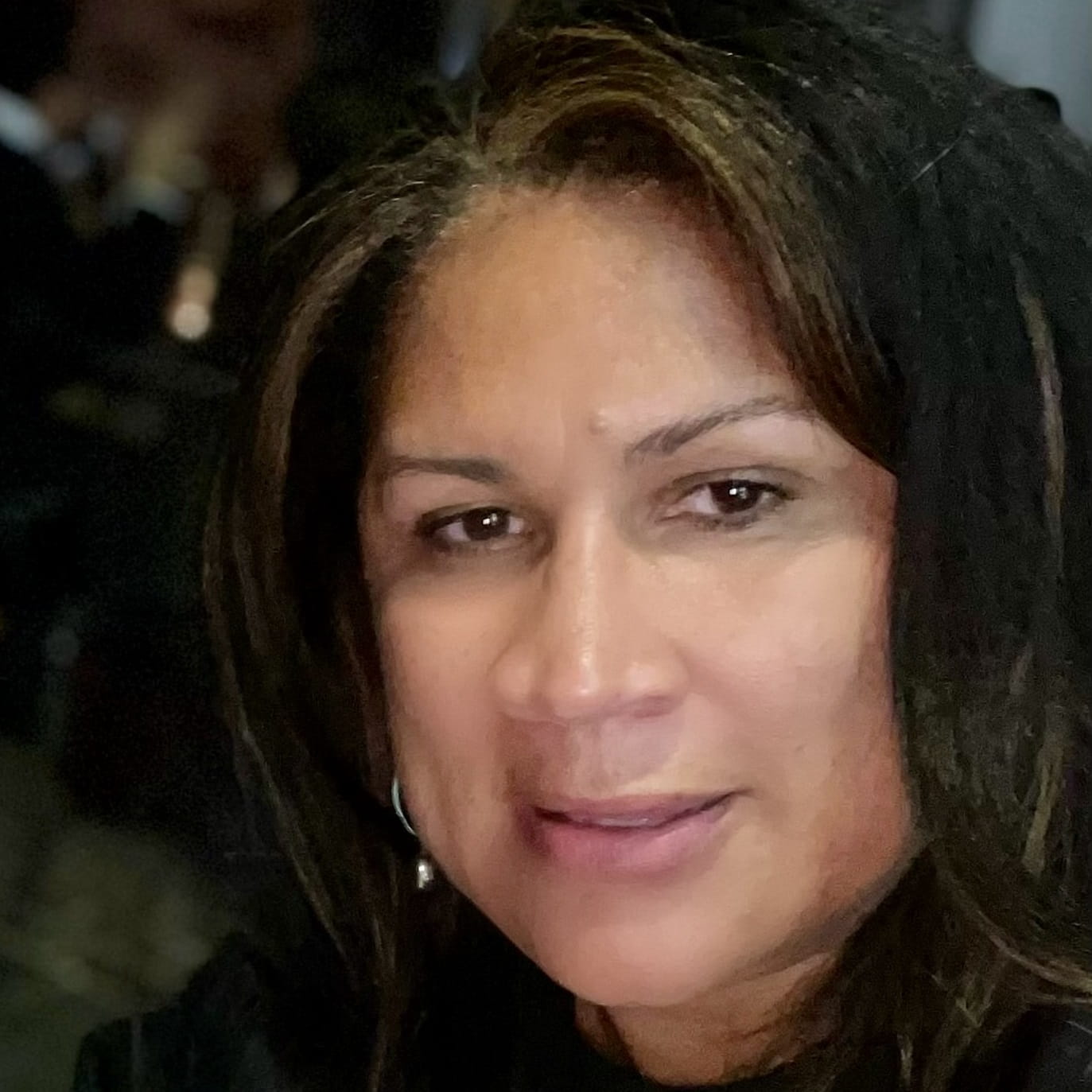 |
Michelle Blake (Mblake@monmtessoriblooming.com) is the founder and principal of Montessori Blooming LLC, through which she offers consulting services to the Montessori community. Michelle is a certified Montessori Infant/Toddler guide by the American Montessori Society. She is a 2020—2021 AMS Emerging Leaders Fellow and a graduate of the AMS Instructor Academy. Additionally, Michelle is the Montessori Infant and Toddler Level coordinator for Chestnut Hill College in Philadelphia (CHC), an adjunct professor at CHC, a faculty member at Princeton Center for Teacher Education, and an instructor at other TEPs. She has presented at various Montessori conferences and will be presenting at the 2024 Event. |
Interested in writing a guest post for our blog? Let us know!
The opinions expressed in Montessori Life are those of the authors and do not necessarily represent the position of AMS.

